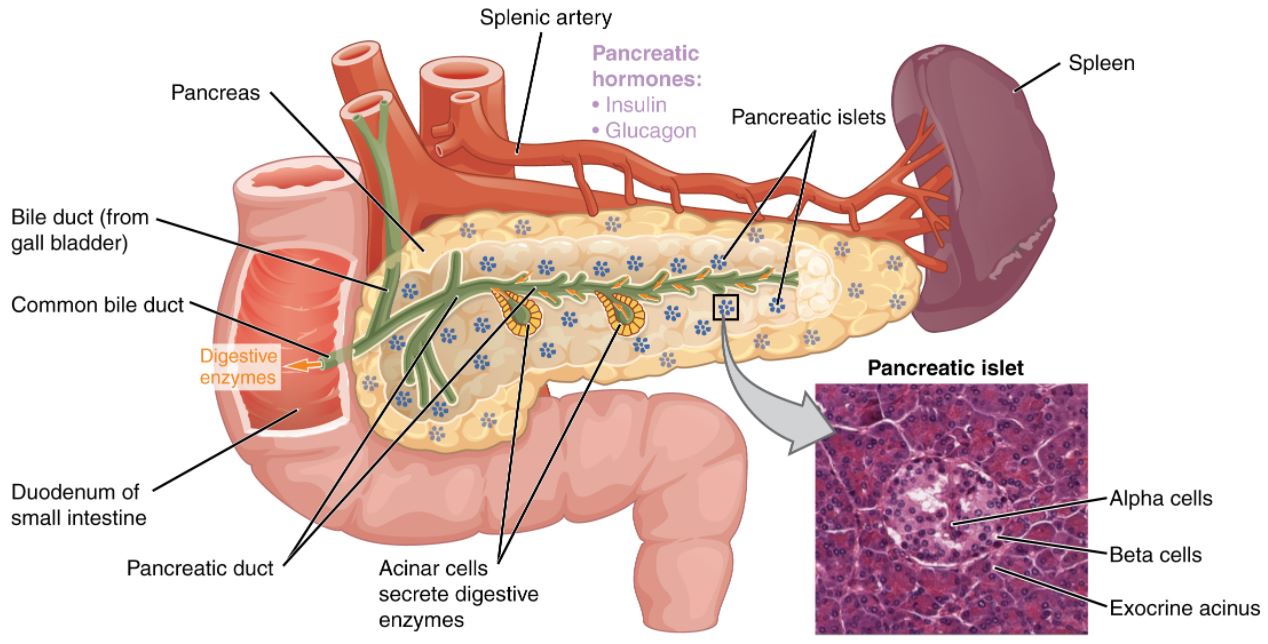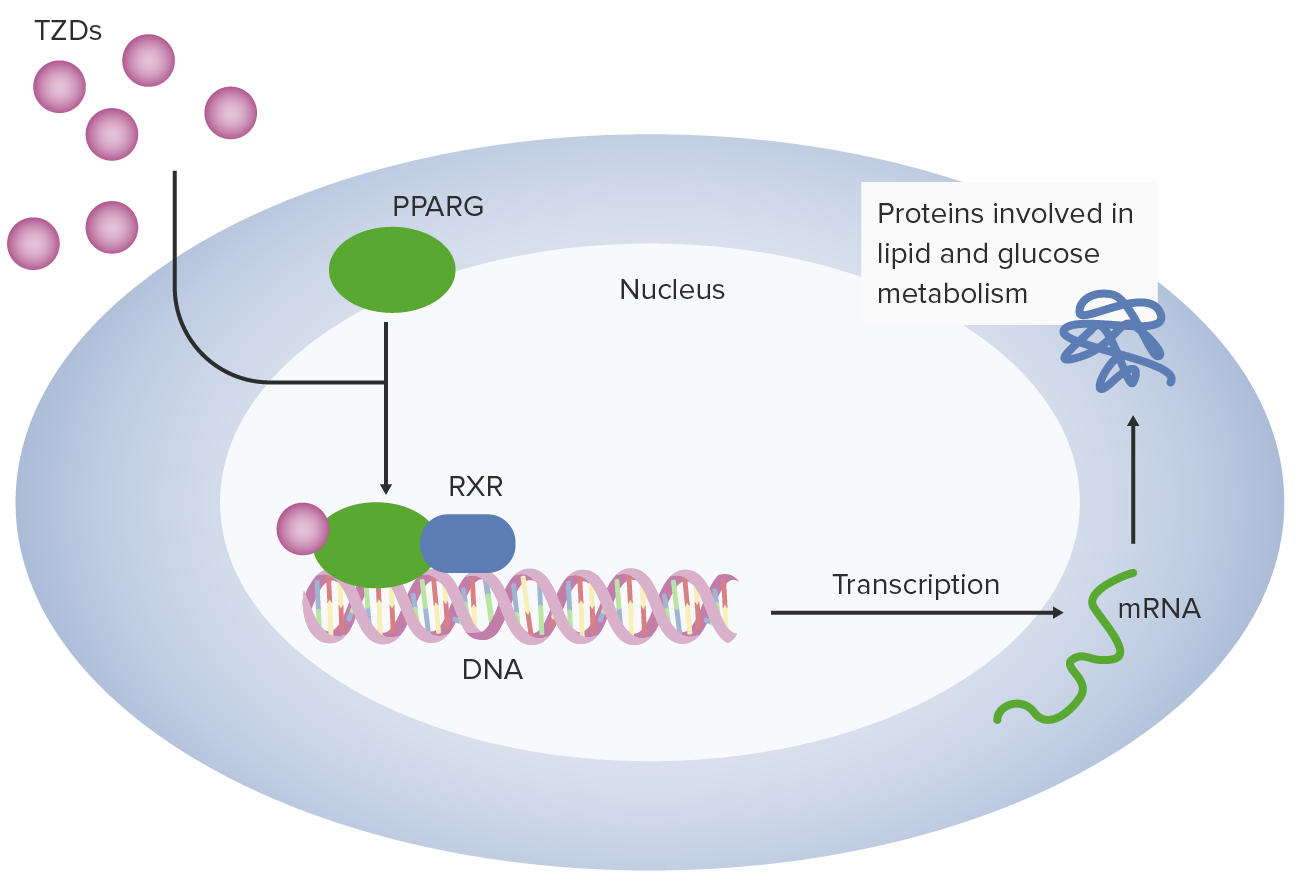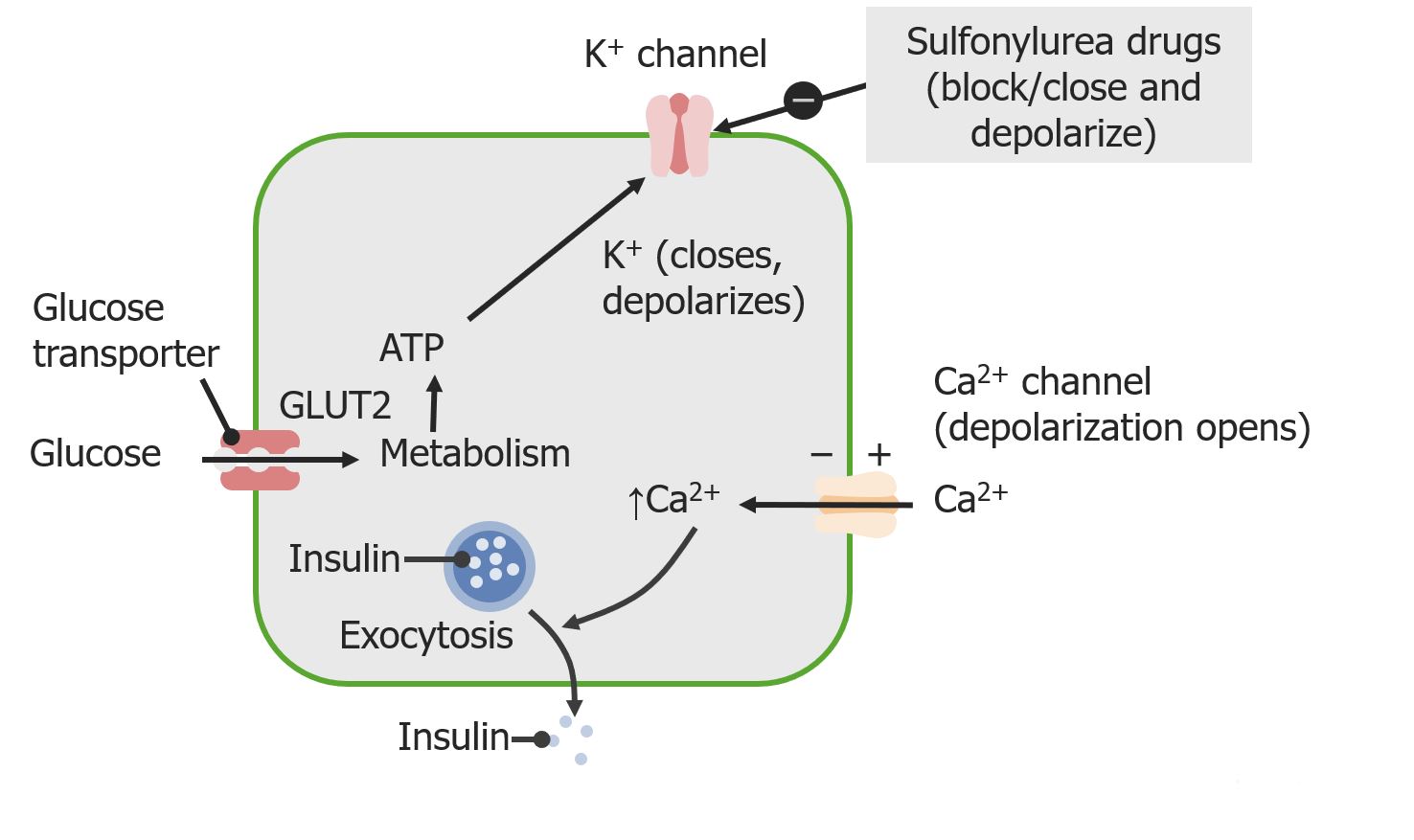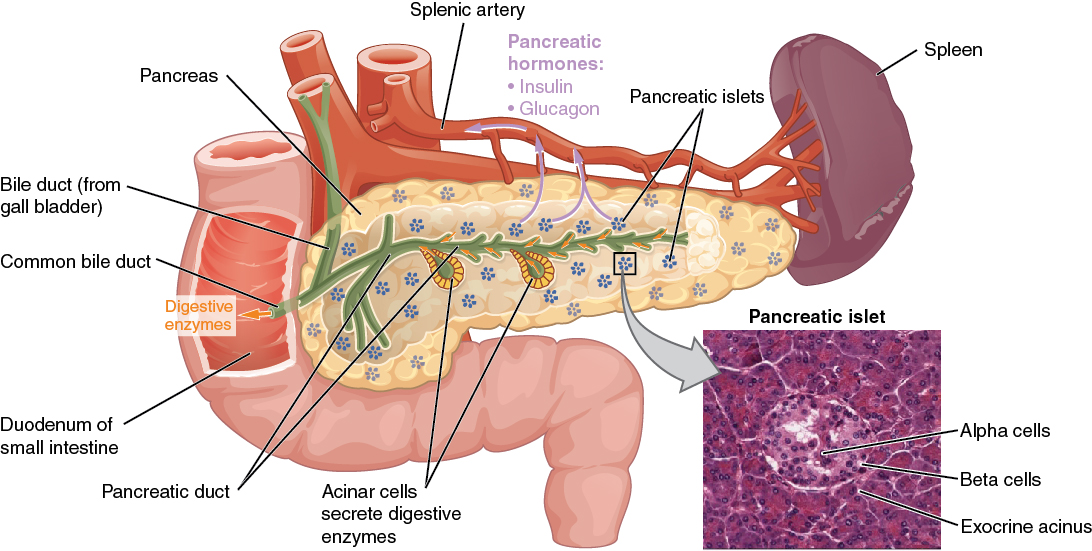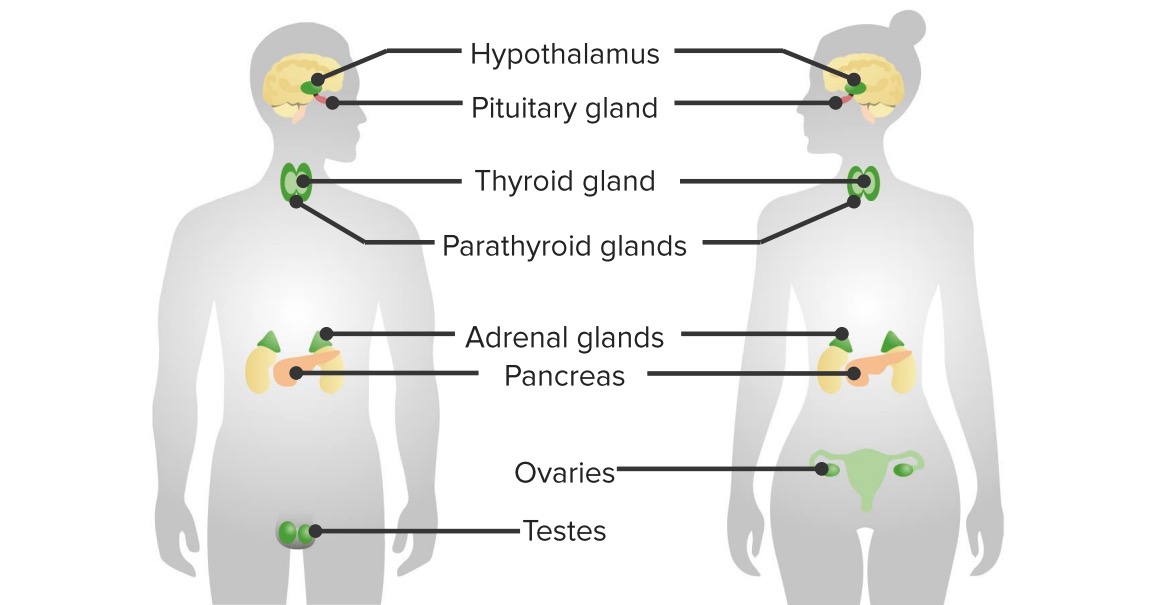Playlist
Show Playlist
Hide Playlist
Type 1 Diabetes Mellitus – Hyperglycemia
-
Slides HyperglycemiaDiabetesMellitus EndocrinePathology.pdf
-
Download Lecture Overview
00:01 Let’s talk about type I, epidemiology: early age. 00:05 Remember when I say early, we’re not talking just infants, huh? Even 20, 22, 24, young. 00:12 With type I, insulin or non-insulin dependent? Good, insulin dependent. 00:19 Weight usually normal, they won’t be obese; genetic predisposition, 50 percent amongst twins. 00:28 HLA, definitely know about DQ, also know about DR3 and 4, those links you definitely want to know; pathophysiology, ah, autoimmunity. 00:41 So, apart from genetic, which could be a component, autoimmune disease. 00:45 What if you have autoimmune disease of the thyroid, what’s that called? I’m sorry, I can’t hear you. 00:53 Good, Hashimoto. 00:54 Autoimmune disease of the adrenals, what’s that called? Addison’s. 00:59 Autoimmune disease of the pancreas, what’s this called? Type I diabetes. 01:03 Put those together, give me diagnosis… polyglandular endocrinopathies… do not forget that. 01:11 Polyglandular? poly - many glands, these three… thyroid, pancreas, adrenal pathology… endocrinopathy. 01:23 Carbohydrate intolerance with hyperglycemia. 01:26 Clinical PPP… polyphagia, polyuria, polydipsia; acute complication… DKA. 01:35 Now, with the autoimmune disease, I told you that for the most part, your patient walking through that door with type I diabetes doesn’t have insulin. 01:46 Theoretically, if there was a time in which you can actually measure your autoimmunity, you’d find the phenomenon in type I diabetes called insulitis. 01:59 Some immunologists will call type I diabetic a type II hypersensitivity. 02:06 Many immunologists will call type I diabetic a type IV hypersensitivity. 02:14 Destruction of pancreatic beta cells resulting in complete lack of insulin… insulitis. 02:17 It’s a reaction that’s occurring early on, an autoimmune destruction of your beta islet cells. 02:24 Immune-mediated process, type II, type IV, they will not have you choose between the two, but usually, you-you’ll be referring to type IV. 02:33 Often detectable antibodies directed against pancreatic islet cells. 02:36 You tell me what kind of hypersensitivity that is. 02:38 That’s a type II. 02:41 And here, the anti-islet cell antibody here, you must know the exact detail, a glutamic acid decarboxylase 65… auto antibodies. 02:54 Patient require insulin at all times to prevent hyperglycemia and therefore, not present with DKA. 03:01 That’s your patient, the bottom line, coming through that door. 03:05 Theoretically, what happened prior… an autoimmune destruction of a beta islet cell, what do we call this? Insulitis, either type IV or type II hypersensitivity. 03:15 In pathology, I will refer to type II hypersensitivity against glutamic acid decarboxylase. 03:26 Which one of these is diabetic, which one of these is not and what are we looking at? On your left is non-diabetic. 03:35 You notice here in the pancreas and islet cells, it’s all filled with these little vesicles that contain insulin. 03:42 Hmm. 03:43 On the right, we got a diabetic. 03:45 You don’t find the same abundance of insulin, do you? No, you do not. 03:50 Welcome to diabetic on the right with decreased concentration of insulin; on your left, non-diabetic with normal amounts of insulin. 04:00 Where are you in the body? In the pancreas.
About the Lecture
The lecture Type 1 Diabetes Mellitus – Hyperglycemia by Carlo Raj, MD is from the course Pancreatic Disease and Diabetes.
Included Quiz Questions
What is associated with type 1 diabetes mellitus?
- HLA-DR3 and 4
- HLA-D6
- HLA-B27
- HLA-B17
- HLA-Q19
What is the result of the autoimmune process in type I diabetes mellitus?
- Destruction of β islet cells of the pancreas
- Hyperplasia of β islet cells of the pancreas
- Ectopic production of β islet cells of the pancreas
- Genetic mutation of β islet cells of the pancreas
- Differentiation of β islet cells of the pancreas
What is targeted by autoantibodies in type I diabetes mellitus?
- GAD65
- TPO
- dsDNA
- sp100
- Histones
Customer reviews
5,0 of 5 stars
| 5 Stars |
|
5 |
| 4 Stars |
|
0 |
| 3 Stars |
|
0 |
| 2 Stars |
|
0 |
| 1 Star |
|
0 |

